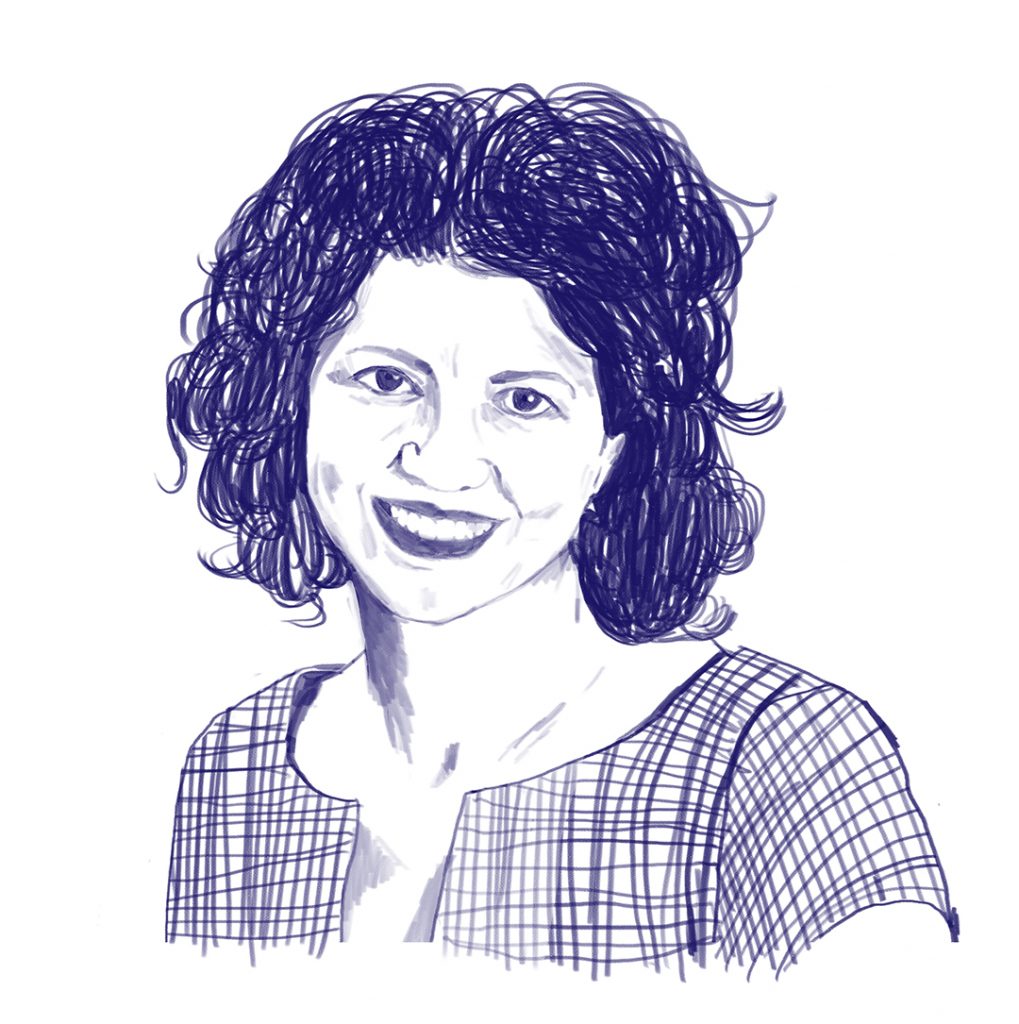Impact
Check out what the leaders, producers, and creators of culture have to say about the impact of Culture Track on their work.
 Since the launch of Denver’s cultural plan, IMAGINE 2020, we have hosted LaPlaca Cohen twice to share the Culture Track findings with our creative community. Bringing together so many different organizations . . . proved to be one of our more popular convenings. The best part was that attendees walked away with meaningful research and suggestions for putting the data into action.Ginger White-Brunetti Deputy Director, Denver Arts & Ventures
Since the launch of Denver’s cultural plan, IMAGINE 2020, we have hosted LaPlaca Cohen twice to share the Culture Track findings with our creative community. Bringing together so many different organizations . . . proved to be one of our more popular convenings. The best part was that attendees walked away with meaningful research and suggestions for putting the data into action.Ginger White-Brunetti Deputy Director, Denver Arts & Ventures
We have found Culture Track to be an invaluable tool. The data that it provides enables us to ensure that we are developing strategies to address the changing needs of our audiences and even redefining how we serve them.Todd Bentjen former Vice President, Marketing and Communications, Segerstrom Center for the Arts
 Culture Track served as the cornerstone for rich collective discussion among board leaders of the Walker Art Center, Minneapolis Institute of Art, and the Weisman Art Museum. Culture Track’s focus on measuring broader arts participation beyond just art museums was especially resonant, particularly as audiences increasingly redefine how they wish to engage with culture and what it means to have a cultural experience among other entertainment options.Olga Viso Former Director, Walker Art Center
Culture Track served as the cornerstone for rich collective discussion among board leaders of the Walker Art Center, Minneapolis Institute of Art, and the Weisman Art Museum. Culture Track’s focus on measuring broader arts participation beyond just art museums was especially resonant, particularly as audiences increasingly redefine how they wish to engage with culture and what it means to have a cultural experience among other entertainment options.Olga Viso Former Director, Walker Art Center
Culture Track 2014 was a focus of the 2015 Council of American Jewish Museums Conference Plenary Session which took place at The Contemporary Jewish Museum in San Francisco. Over 250 representatives from Jewish museums across North America and Europe rated this session the highest of the conference. As Culture Track now goes deeper to explore even more of the "hows" and "whys" of cultural participation, there's no doubt everyone in my field will be eager for the results.Lori Starr Executive Director, Contemporary Jewish Museum
 What cultural leaders, including museum directors, need the most are clear facts that could help them chart a way forward in an increasingly complex and hard-to-navigate cultural landscape. At a time when both public and private funders demand clear metrics of success, and when audiences are more diverse and fickle than ever, decision-making on the basis of valid, cross-time, reliable audience data is of enormous benefit to institutional leadership.András Szántó Moderator, Met Museum Global Museum Leaders Colloquium
What cultural leaders, including museum directors, need the most are clear facts that could help them chart a way forward in an increasingly complex and hard-to-navigate cultural landscape. At a time when both public and private funders demand clear metrics of success, and when audiences are more diverse and fickle than ever, decision-making on the basis of valid, cross-time, reliable audience data is of enormous benefit to institutional leadership.András Szántó Moderator, Met Museum Global Museum Leaders Colloquium
Canadian orchestras, like their peers around the world, are awash in information. What Culture Track adds is coherence and utility: credible, statistically valid, and intelligently-presented perspectives on the ever-evolving cultural consumer in a format that we can take, think about, and work with.Katherine Carleton Executive Director, Orchestras Canada
 We look to the Culture Track report for key insights on the evolving relationship between museums and audience at such a crucial moment for cultural institutions. While for some of our participants the news in the Culture Track report is shocking, it is precisely Culture Track’s different inflection point that is so important to consider for people working inside the museum sector.Elizabeth Easton Director, Center for Curatorial Leadership
We look to the Culture Track report for key insights on the evolving relationship between museums and audience at such a crucial moment for cultural institutions. While for some of our participants the news in the Culture Track report is shocking, it is precisely Culture Track’s different inflection point that is so important to consider for people working inside the museum sector.Elizabeth Easton Director, Center for Curatorial Leadership